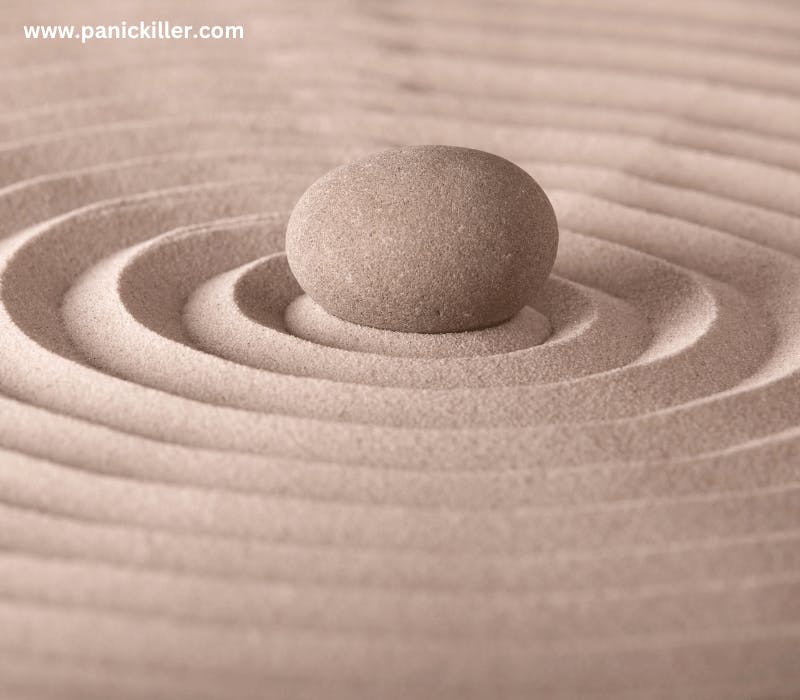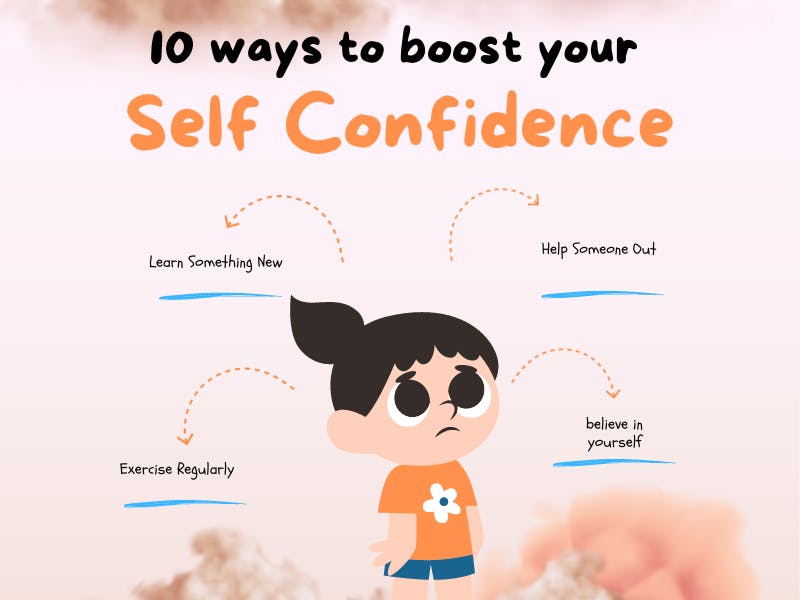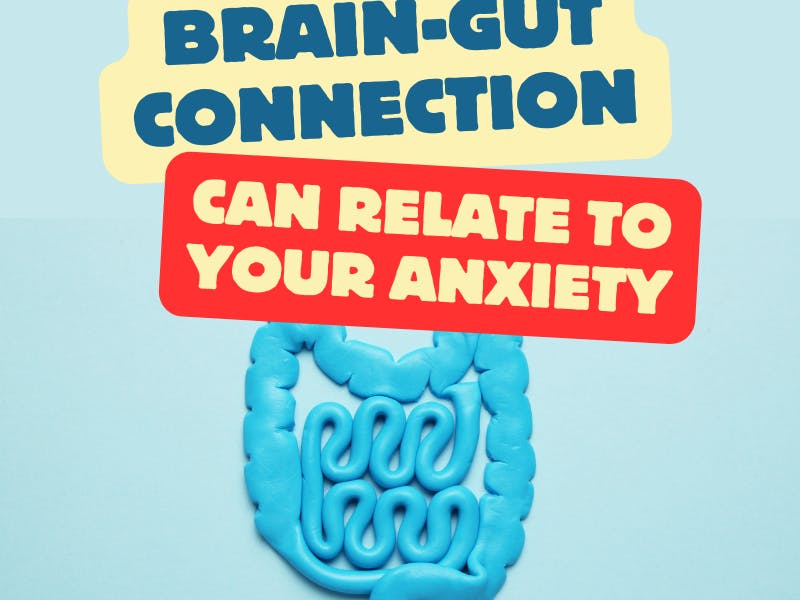
The Dopamine-Seeking Brain - Reason Why You Are Anxious
Oct 25, 2023
In today's fast-paced world, an increasing number of individuals are grappling with anxiety. One significant factor contributing to this phenomenon is the dopamine-seeking brain. In this article, we will explore how dopamine-inducing activities in daily life can lead to anxiety and how to simply break it!
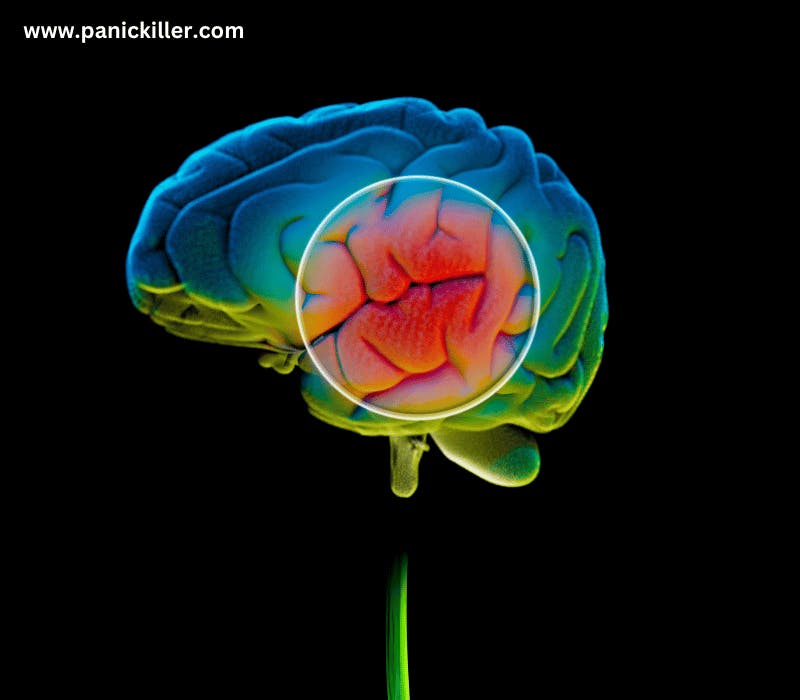
How Dopamine Reward System Tricks Our Brain
The brain's reward system, regulated by the neurotransmitter dopamine, plays a crucial role in motivation and pleasure.
In modern life, the constant availability of dopamine-inducing activities, such as social media, video games, and online shopping, can lead to excessive stimulation of the reward system. This overstimulation creates a cycle of seeking instant gratification, resulting in increased anxiety levels as individuals become reliant on external sources for validation and happiness.

Dopamine Dependency: When Pleasure Becomes an Addictive Drug
Engaging in dopamine-inducing activities triggers a temporary surge of pleasure, leading to a desire for more.
Take social media as an example, it keeps feeding you dopamine with more news or interesting videos. It makes you keep scrolling because it makes you feel good. This cycle of dopamine dependency can contribute to anxiety.
The constant pursuit of external rewards, coupled with the fear of missing out (FOMO) in the age of social media, can create a sense of inadequacy, comparison, and anxiety about not living up to societal standards.
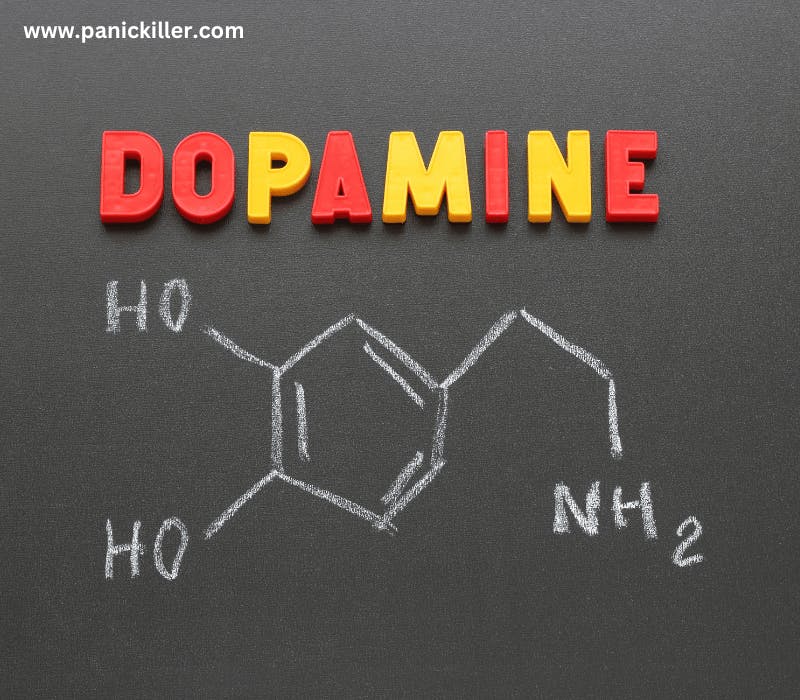
Neurotransmitter Imbalance
The dopamine-seeking brain can disrupt the balance of neurotransmitters in the brain, impacting mood and anxiety levels. Prolonged engagement in dopamine-inducing activities can lead to a decrease in dopamine receptors and impair the brain's ability to regulate emotions effectively.
This dysregulation can result in heightened anxiety, as individuals may experience difficulty managing stress and finding pleasure in everyday activities that don't provide the same dopamine rush.
Hack Our Brains and Break the Anxiety Cycle
To manage anxiety associated with the dopamine-seeking brain, it is essential to cultivate awareness and implement healthy coping strategies.
Mindfulness practices, such as meditation and self-reflection, can help individuals regain control over their desires and reduce dependency on instant gratification. Engaging in activities that promote genuine connection, creativity, and real-world experiences can also help rebalance the brain's reward system and alleviate anxiety.
